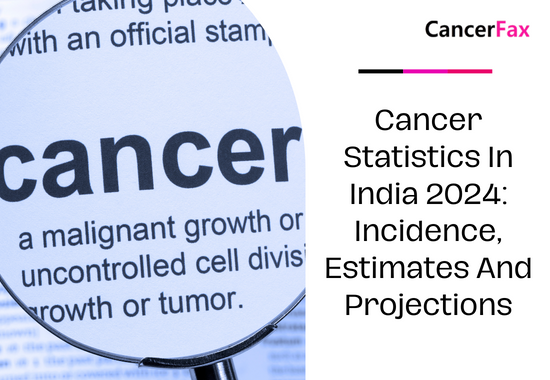Even with surgery, radiotherapy, chemotherapy, and/or gene-targeted therapy (such as cetuximab), the five-year survival rate for locally advanced head and neck cancer is only 46%. Usually, the treatment is good at first, but the development of cancer can lead to drug resistance.
Researchers at the University of Colorado Cancer Center have discovered that a pair of genes related to early brain development, but silence in healthy adult tissues causes resistance in tumor samples. The gene is EphB4 and the accompanying gene is ephrin-B2. Both genes will rise after the patient fails treatment, so you can target them to see if it is effective.
To this end, they used tumor tissue from relapsed patients to grow in mice. The mice were then divided into treatment groups, some of which received chemotherapy cisplatin, some received the anti-EGFR drug cetuximab, and some received radiation treatment alone or in addition to these treatments. Add an experimental EphB4-ephrin-B2 inhibitor treatment to a separate cohort for each group.
In the cisplatin group, the tumor consumption of new inhibitor therapy was not obvious, but the addition of EphB4-ephrin-B2 inhibitor to the EGFR inhibitor cetuximab treatment significantly reduced the size of the tumor, and there was more Good overall survival rate. The researchers believe that EGFR and EphB4-ephrin-B2 may be used as alternative pathways.
EphB4-ephrin-B2 inhibitors are currently undergoing clinical trials in other cancers. Our research indicates that it may be successfully used in combination with EGFR inhibitors for the treatment of advanced head and neck cancer. Predictor of EphB4-ephrin-B2 may be paired with tumor patients showing high levels of these proteins.

